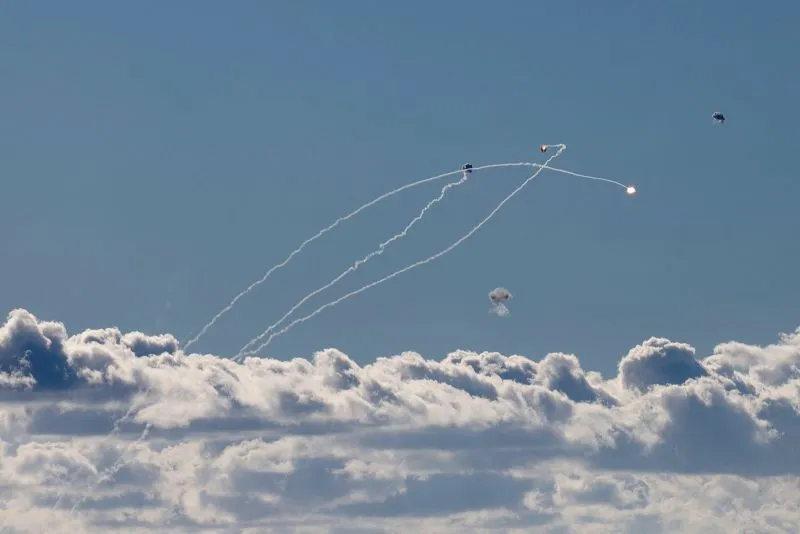Middle East Conflict Escalates as Hezbollah Leader Promises Retribution

Escalation of Conflict in the Middle East
The Middle East conflict escalates as Hezbollah leader Hassan Nasrallah vows a reckoning after Israeli forces launch fierce strikes against the militant group. Israeli bombardments have intensified, causing widespread panic across Lebanon. As tensions rise, the UN Security Council prepares for an emergency meeting to address these pressing developments.
What's Driving the Current Tensions?
Israel's recent strikes aimed at Hezbollah targets have followed retaliatory threats from the militant group. The violence has resulted in significant casualties, with reports indicating at least 37 individuals lost their lives due to the attacks. In response, Nasrallah labeled the strikes as massacres that crossed all red lines, warning that Hezbollah would not remain passive.
- Hezbollah's Response: Nasrallah indicated that a reckoning would come, although questions loom about the group's current capabilities after recent losses.
- Israeli Military Strategy: Israel claims to have targeted crucial military infrastructure in Lebanon, indicating preparation for a possible ground invasion.
Prospects for Regional Stability
As both sides prepare for possible escalation, options for de-escalation seem limited. Observers note the risk of a wider conflict pulling in neighboring nations and international stakeholders like the USA. Iran's influence in the region further complicates the situation, especially as it expresses support for Hezbollah.
Continued violence raises fears of a full-scale war which could destabilize the region even further. Tensions along the Israel-Lebanon border are at a breaking point, with experts warning of potential ramifications for innocent civilians caught in the crossfire.
This article was prepared using information from open sources in accordance with the principles of Ethical Policy. The editorial team is not responsible for absolute accuracy, as it relies on data from the sources referenced.